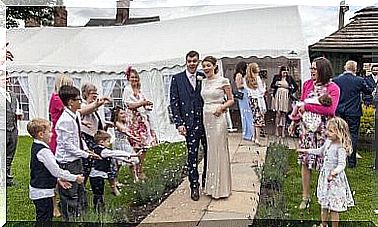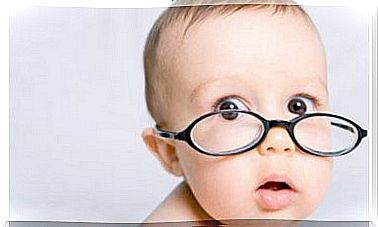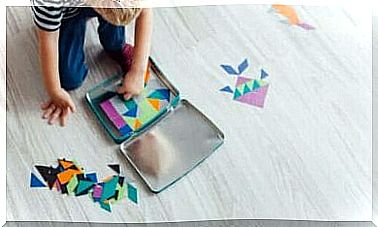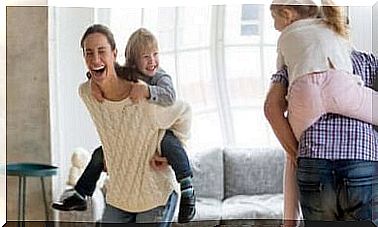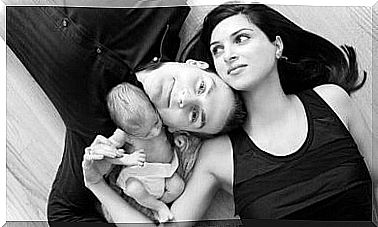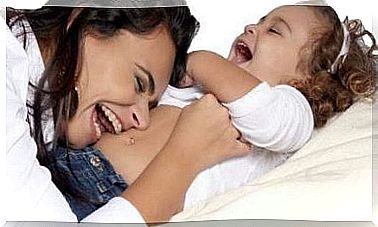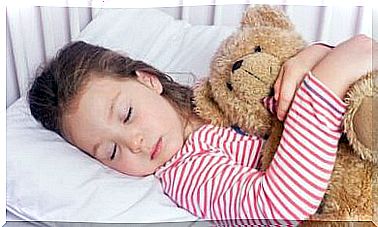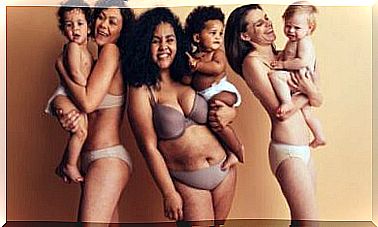Teach Your Child To Say Thank You And Please
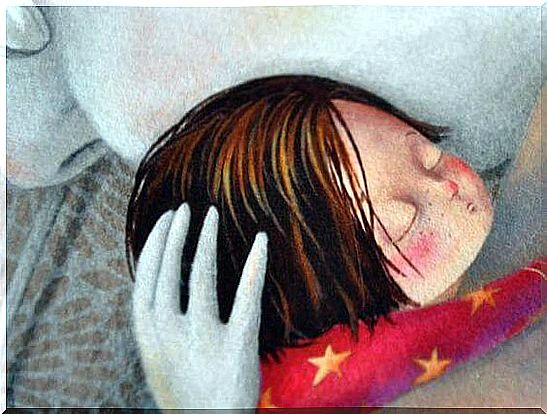
It is important to teach children a little politeness. Saying thank you and kindly reflects not only our civic values but also our emotional attachments. Through these words we show appreciation towards others.
It is interesting how, in recent years, there has been a trend of not “forcing” our children to do anything. The idea is that children themselves should choose when to engage in a particular activity or say certain words, as if in that way we guarantee a more respectful upbringing and maturation process.
But do not take this philosophy to the extreme. As parents, we must not forget that we are the most suitable people to encourage our children to interact properly in the world.
We must set a good example, demonstrate strategies and abilities so that our children can connect with the people around them at the right time. There is a time for every lesson and we must be able to see it in our children.
Teaching our children to say thank you and please is not to “force” them to do something. We do not press them anything. We help them discover the power of behaving decently. These are gestures that signal recognition and appreciation of others and we must teach them that as soon as possible.
Saying thank you: the power of a word that should be learned early in life
Between the ages of 3 and 6, the child goes through the first “awakening phase” in his social and emotional development. It is a time in development where language takes shape, in accordance with their experiences of relationships.
Children learn from everything they see, absorbing the behaviors and reactions of their parents. Even non-verbal communication (gestures, movements and expressions) is strengthened.
It is a small step in the social development process. Once a child begins to identify those around them as equals, it reaches an emotional maturity that is both more developed and more complex.
What do we mean by all this? As parents, we should always try to be the best role model for our children’s behavior. A simple “thank you” can have unexpected power, something we tend to underestimate.
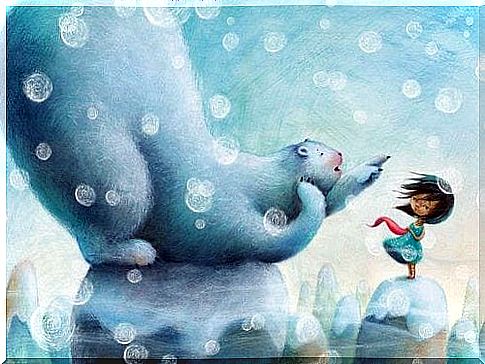
Hyfs shows that we can not get everything we want
There are some children who act as tyrants. They take everything they get for granted, and believe that they have the right to act and react in any way.
- We can, of course, blame the parents for this kind of behavior. However, we must also understand that there are children who are more difficult than others. Dealing with this difficulty is a challenge but also a responsibility.
- A child’s social, civic and emotional education begins very early. Long before a child starts talking, he can understand much more than we think.
- We have to work with frustration. Children can not – and should not – always get what they want. And when they do, we need to teach them to say “thank you” as early as possible.
Positive words show appreciation for others
When a child who is three or four walks into a store and says “good morning” and “please”, they will always be greeted with attention and smiles. It is a positive behavior that allows the child to connect with others from an early age.
- It is likely at this age that the child does not understand how important these expressions are. But it will understand that by telling them, it helps the child gain respect, admiration and appreciation.
- Saying ” thank you” is a way of showing appreciation for things that others do for us. Habits like these help lay the foundation for genuine empathy, which is a key aspect of a child’s emotional and social development.
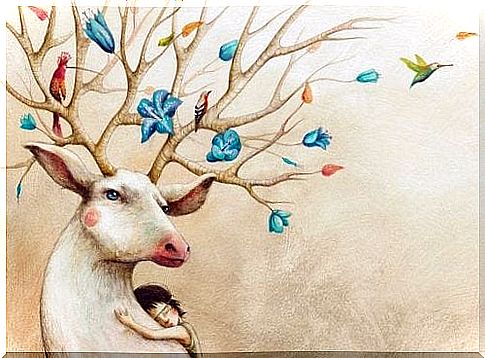
Good behavior is contagious
Teaching a child to say thank you and please is not difficult, and it brings great rewards. If your children have been corrected for these behaviors when they start school, they will probably pass it on to their classmates. It is a positive model of civic participation that builds social relationships.
- Once again, we must remember that words are extremely important to people. An “I love you” or “you are important to me” or a simple “thank you” are not just words after all. They are expressions that give rise to emotions. They are a way to share and show the feelings we have within us for the person in front of us.
- Making these words our own and making them normal for your child means that they become more empathetic and mature in their close relationships. It will not only say thank you, but will also expect to be thanked.
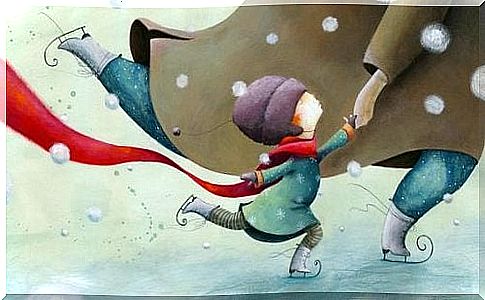
When your child does something for someone, they will expect to be appreciated and respected. It will want others to treat it the same way it treats people around them. All this will have been learned from us. And all this will be important in their daily lives.
How will you teach your children the meaning of these words?
